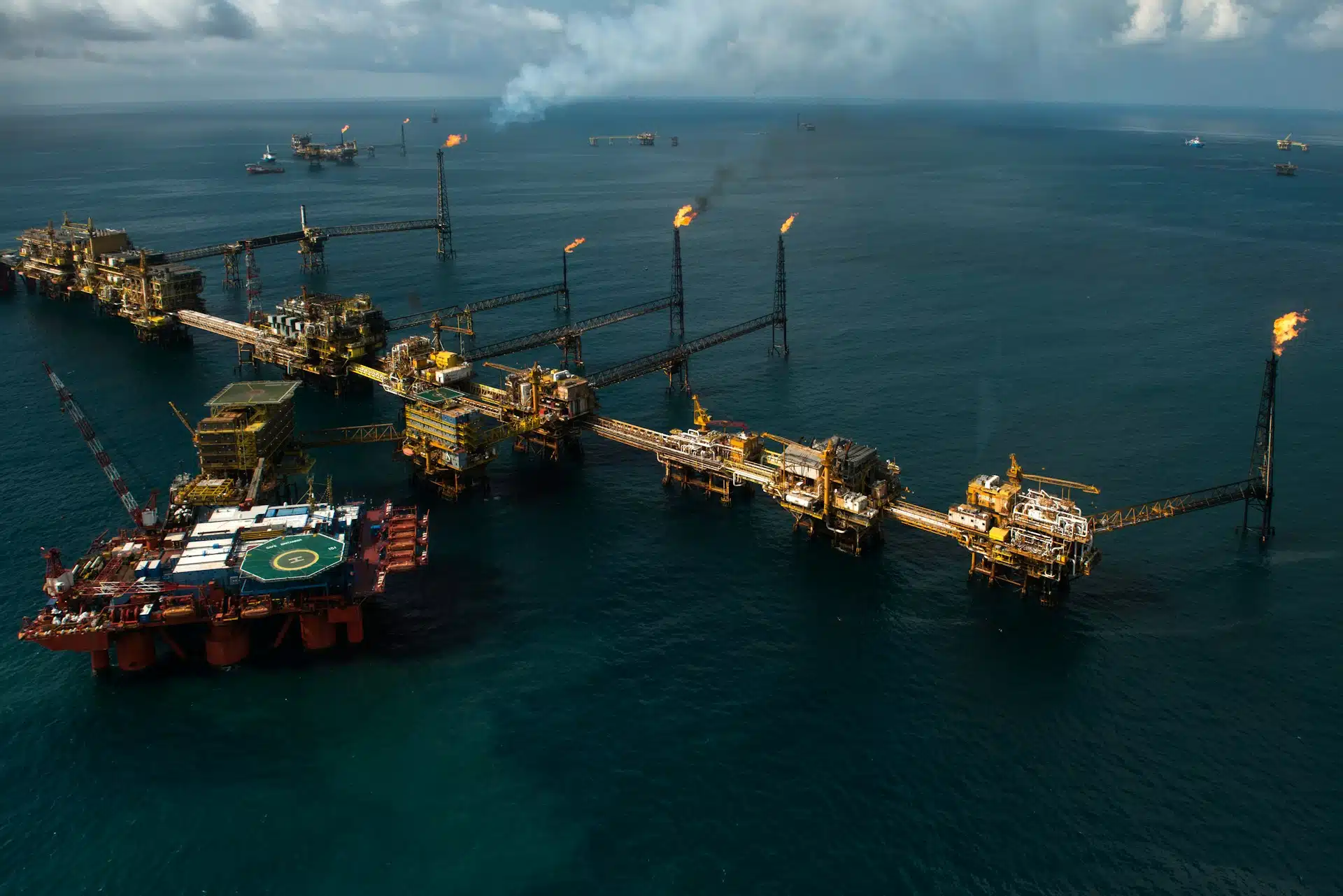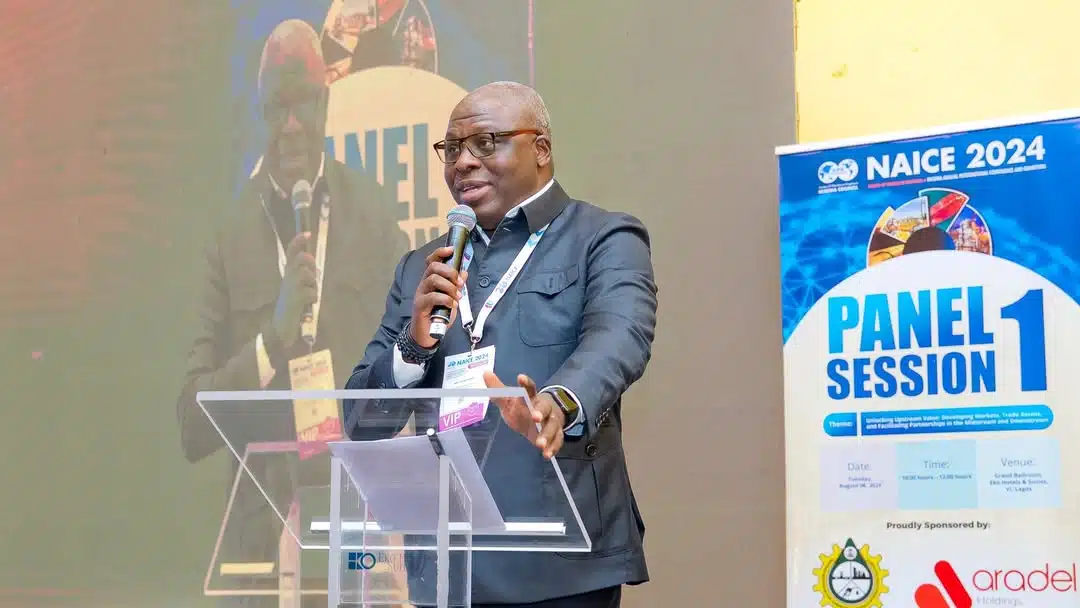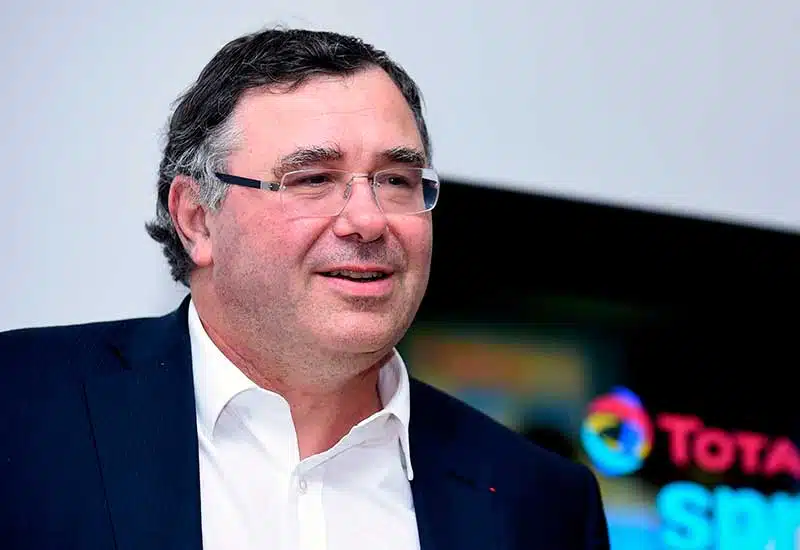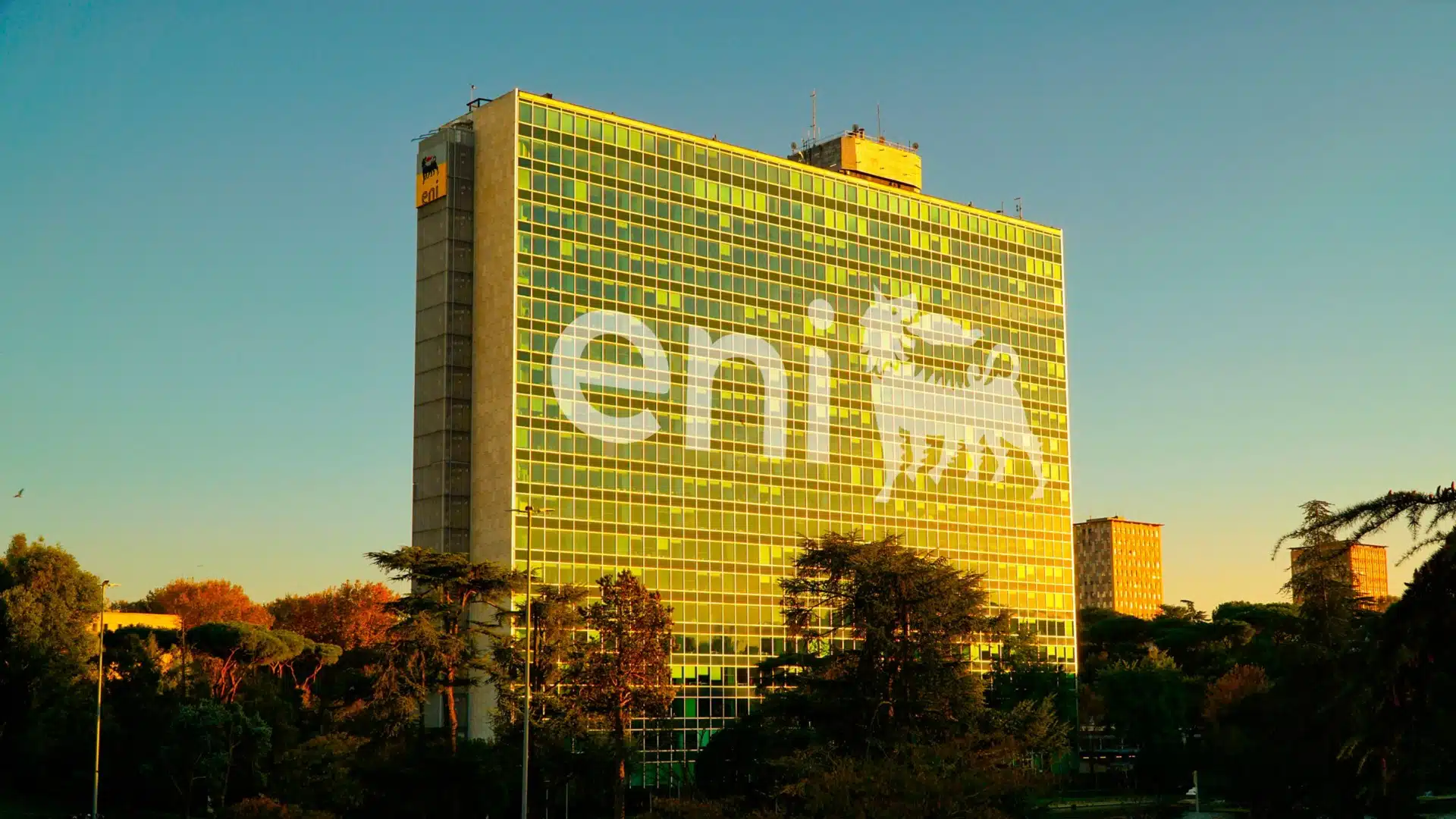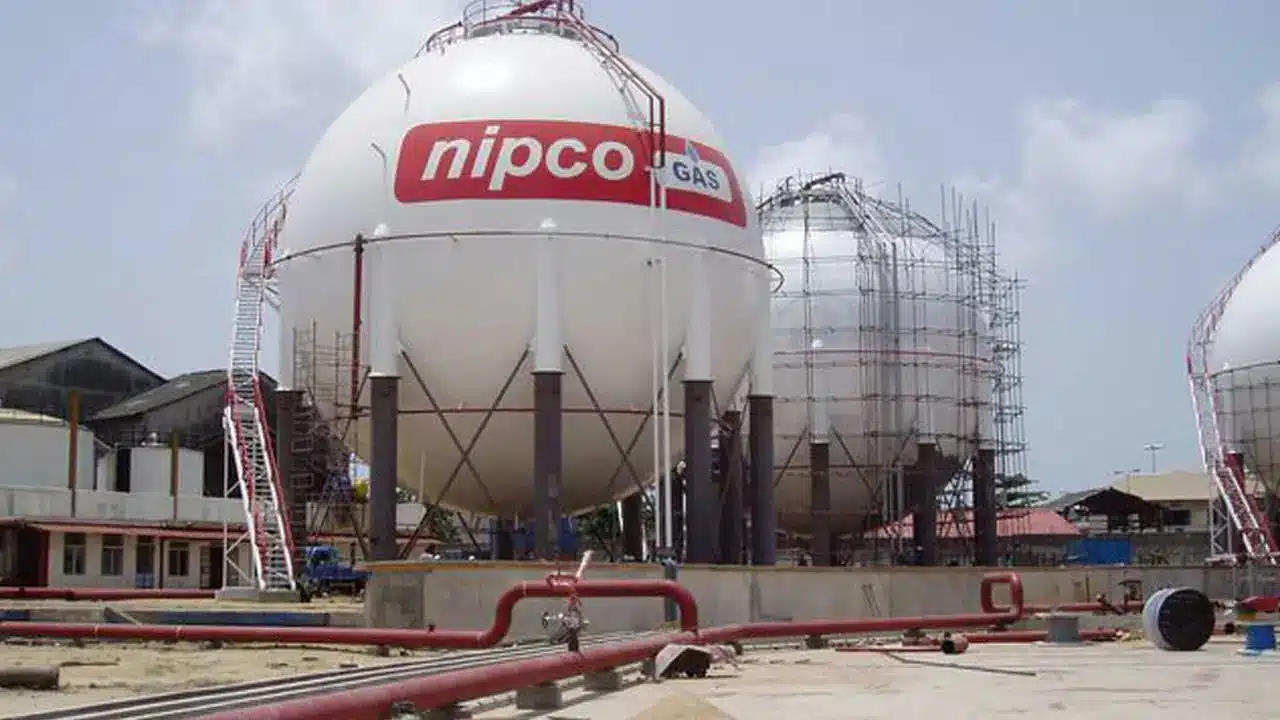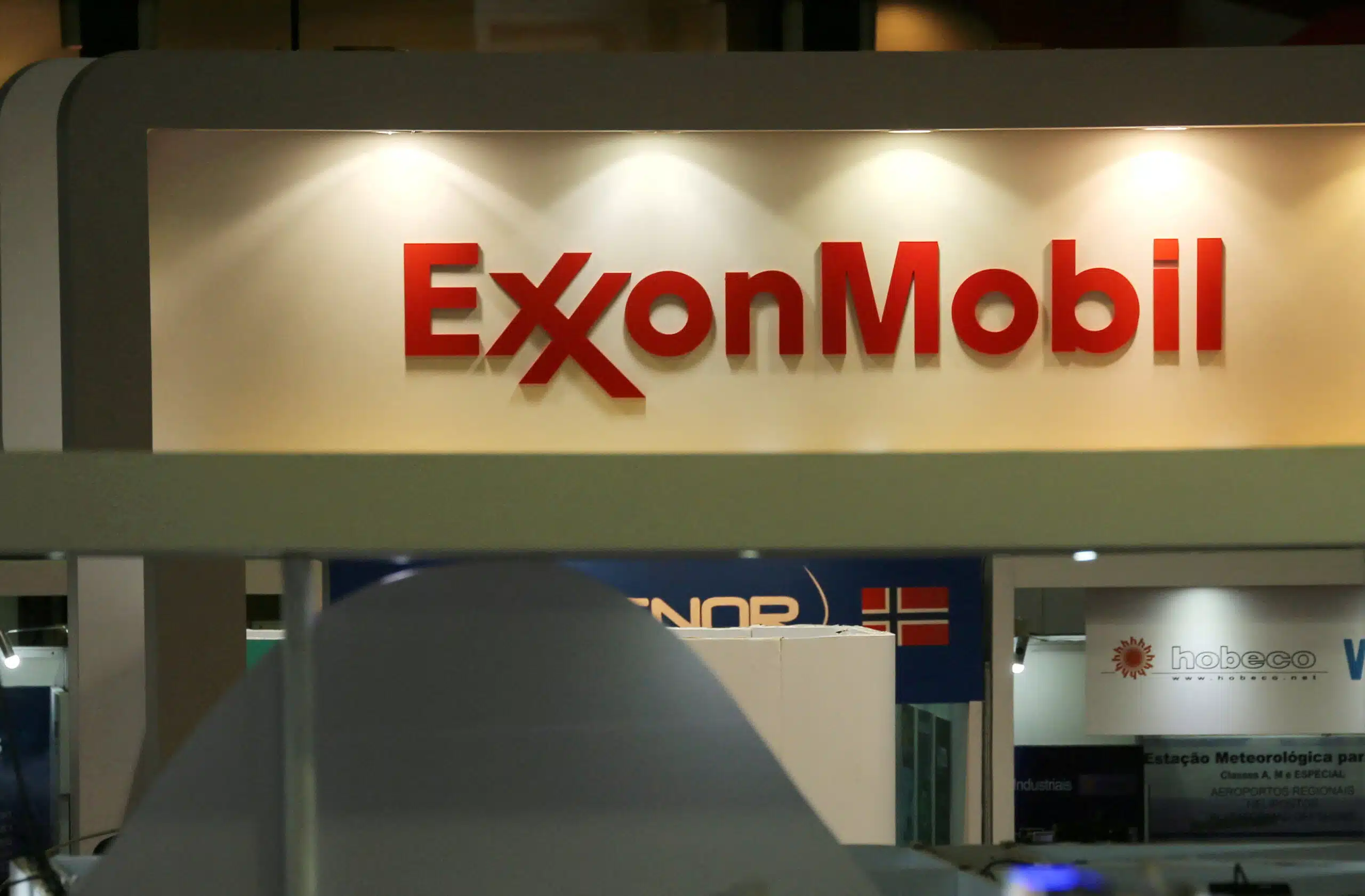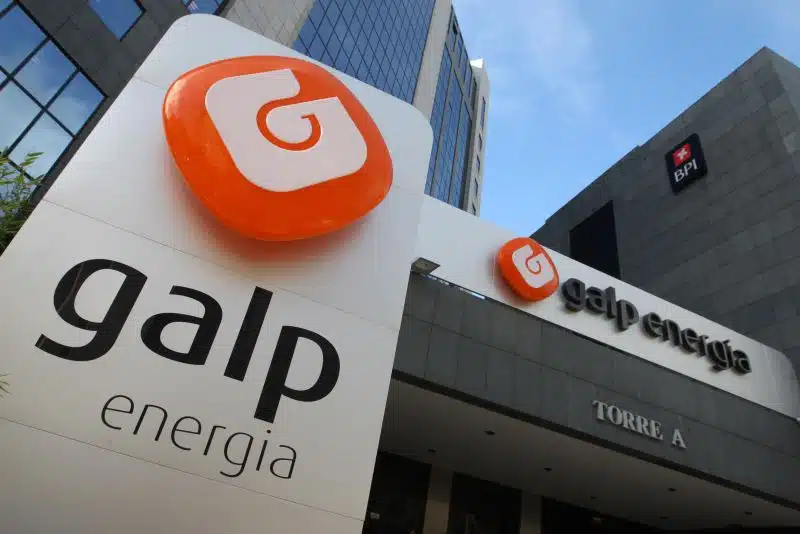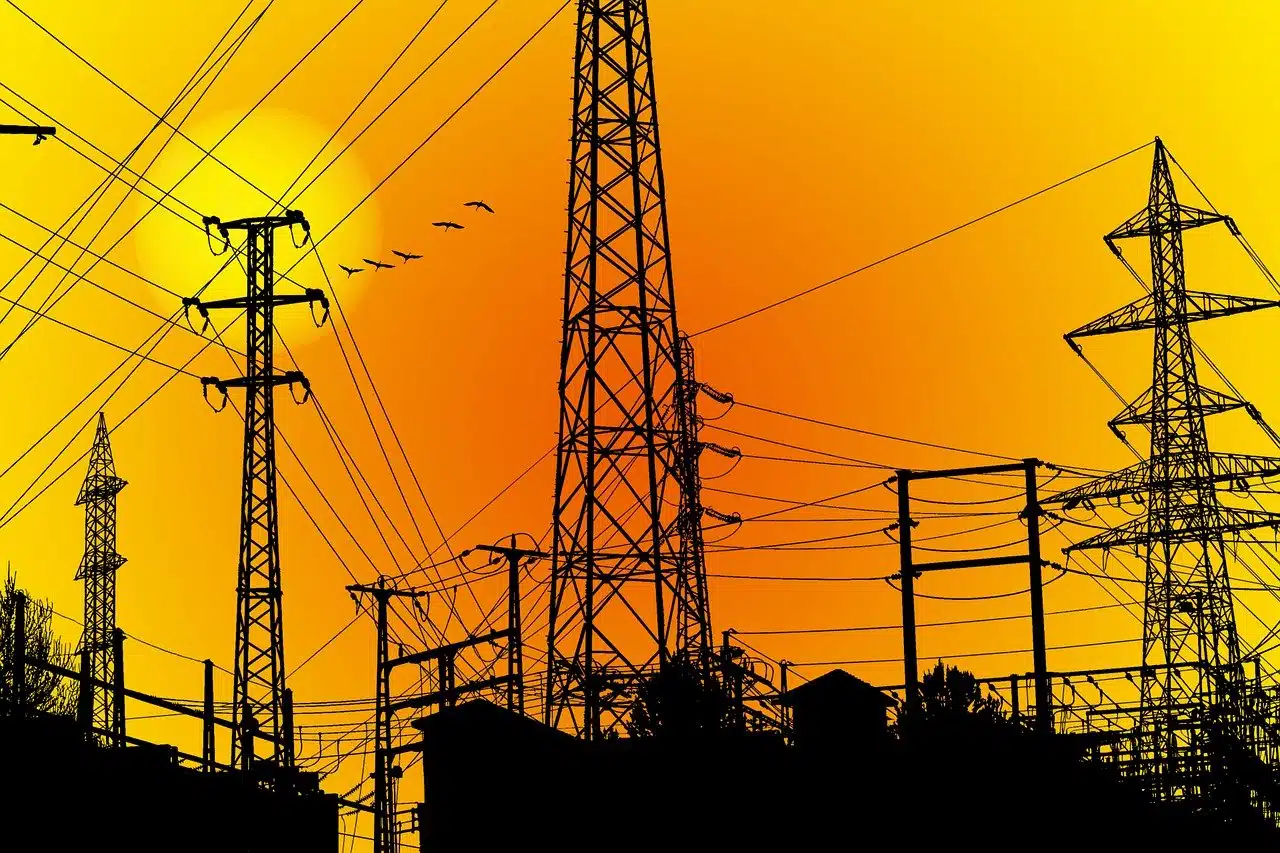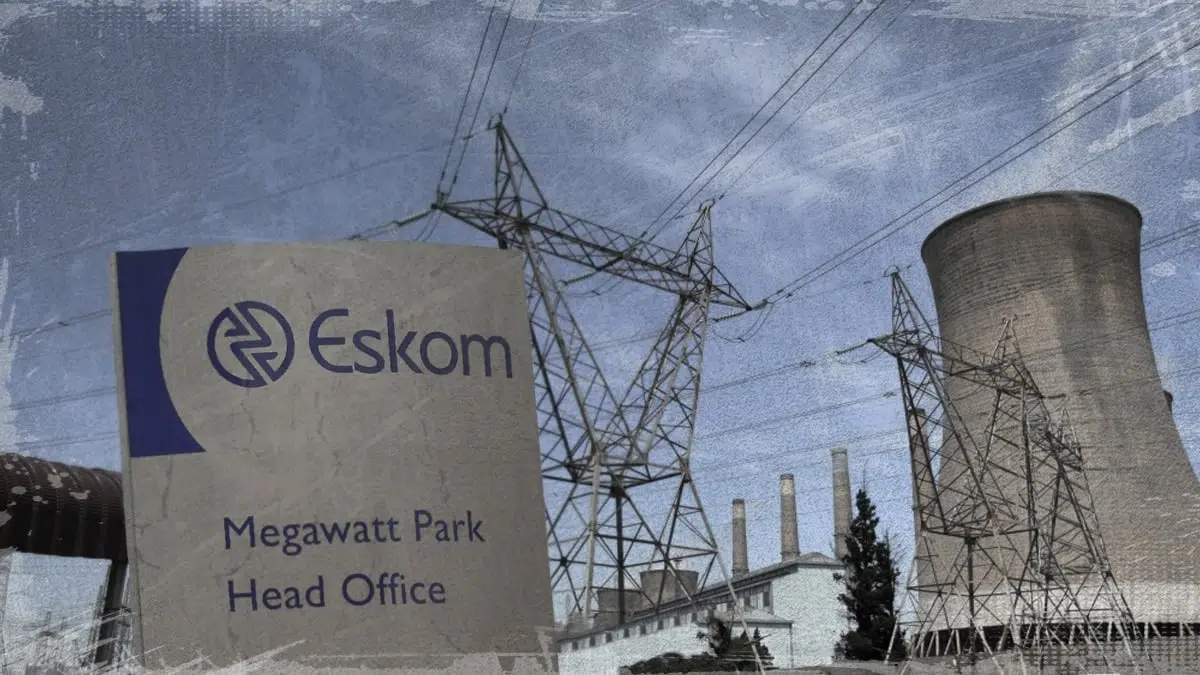The Egyptian Parliament has approved two major oil exploration and development agreements, paving the way for the Ministry of Petroleum and Mineral Resources to partner with Russia’s Lukoil for new upstream projects.
The deals received greenlight on Wednesday and will expand Lukoil’s footprint in Egypt’s Eastern Desert, strengthening bilateral energy ties between Cairo and Moscow.
The first agreement grants exploration and production rights to Lukoil in partnership with the South Valley Egyptian Petroleum Holding Company.
The venture will focus on the South Wadi El-Sahl region.
The second agreement allows Lukoil Egypt Limited to team up with the Egyptian General Petroleum Corporation (EGPC) for similar operations in the adjacent Wadi El-Sahl area.
These new blocks are located near existing Lukoil-operated sites, reinforcing the company’s strategic expansion in Egypt.
According to reports, Russia is actively seeking to expand its presence in Africa’s energy sector, capitalising on the continent’s rising energy demand and shifting geopolitical dynamics.
Lukoil, Russia’s largest privately-owned oil company, entered the Egyptian market in 1995 when it acquired a 24% stake in the Meleiha concession, operated by Italy’s Eni.
In 2002, it secured a 50% stake in the West Esh El Mallaha field and its extension, operated in partnership with Tharwa Petroleum.
Between 2007 and 2014, Lukoil participated in the discovery of several oil fields, including North Nada, Gavaher, Arcadia, Emri Dip, Rosa North, and Meleiha-West. Commercial oil production is ongoing at these sites.
As part of the newly approved agreements, Lukoil has already conducted test drilling and geological surveys.
Egypt’s hydrocarbon sector has seen a resurgence in investment and exploration activity.
In January 2025, Italian energy giant Eni resumed drilling at the Zohr gas field with support from a Saipem drillship.
Zohr remains one of Egypt’s largest gas discoveries, with estimated reserves of 30 trillion cubic feet.
In February, BP announced the discovery of new oil and gas reserves in the King Mariout offshore block in the Mediterranean Sea.
In April, Egypt’s Ministry of Petroleum and Mineral Resources revealed three new hydrocarbon discoveries in the Western Desert.
These are expected to yield around 12 million barrels of oil equivalent and were made by Khalda Petroleum, a joint venture between EGPC and U.S.-based Apache Corporation

